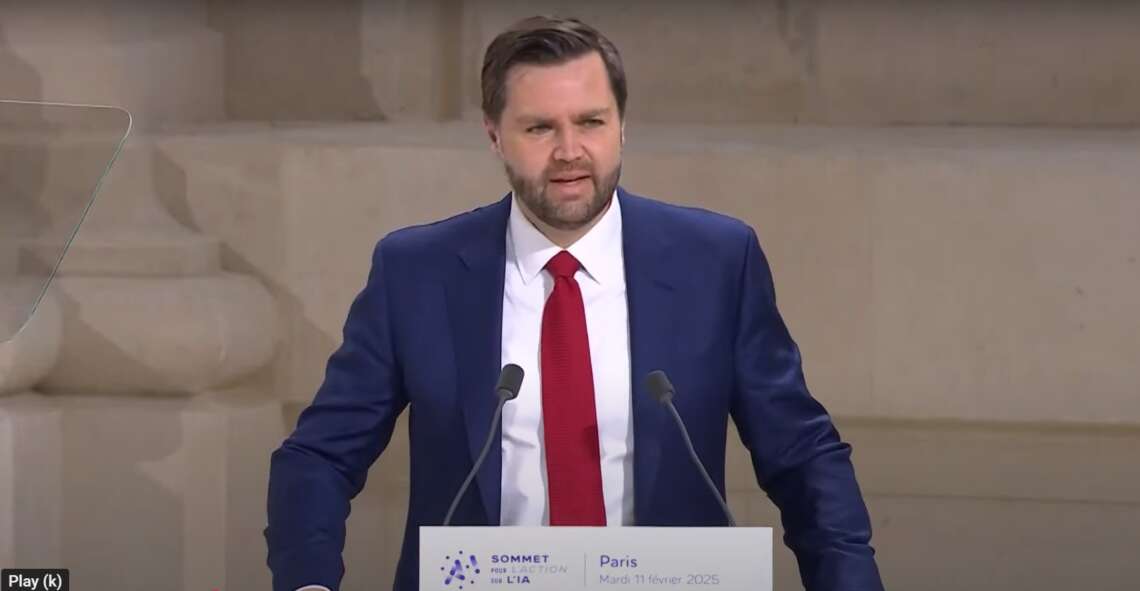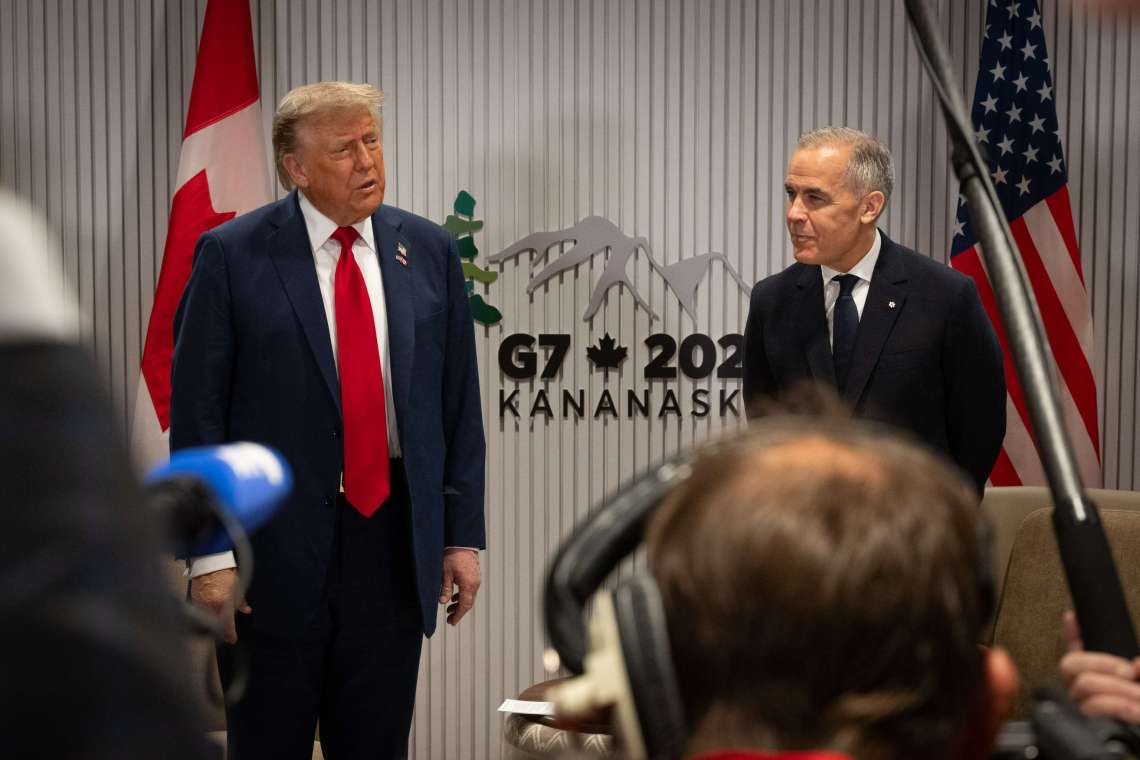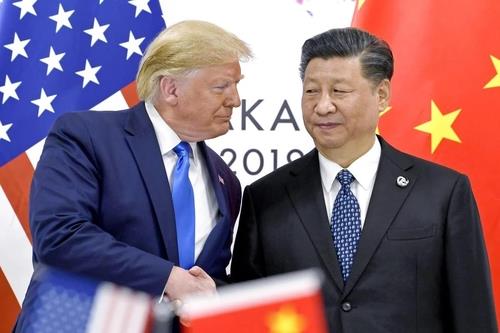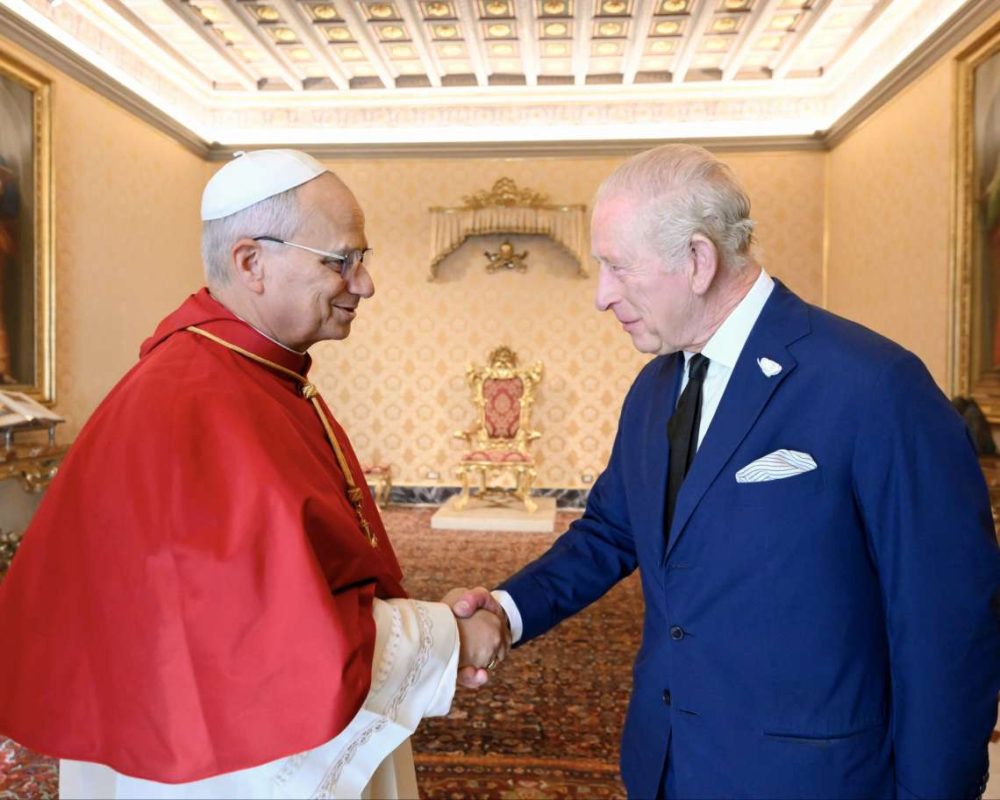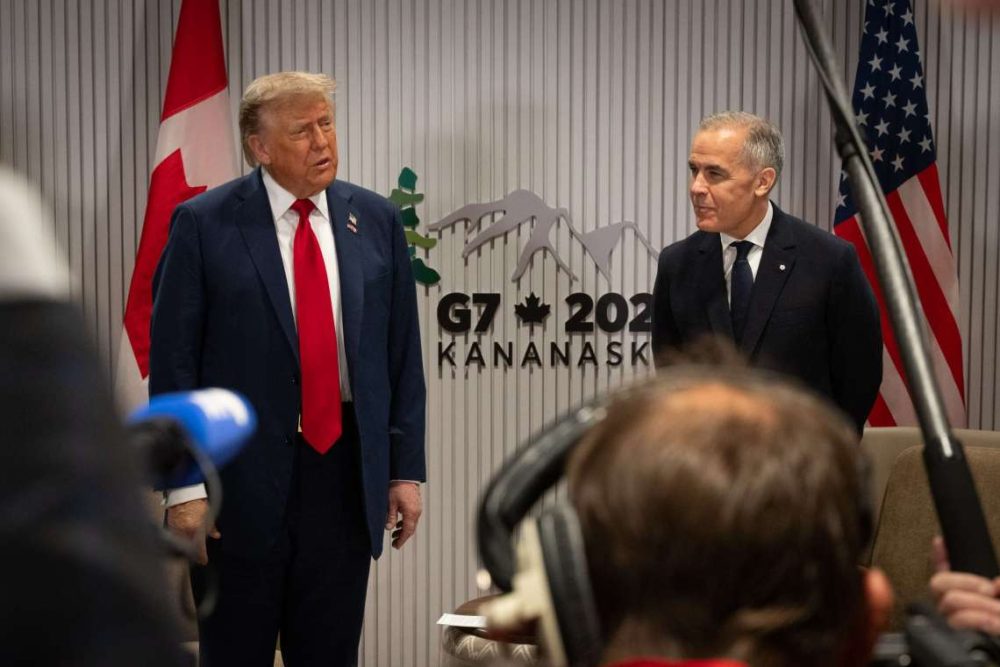Beijing rejected the US Vice President’s remarks, calling them an attempt to politicise trade and technology while opposing ideological divisions in AI accessibility.
China on Wednesday criticised US Vice President J.D. Vance’s warning to global leaders against partnering with “authoritarian regimes” on Artificial Intelligence (AI). Beijing rejected the remarks, calling them an attempt to politicise trade and technology while opposing ideological divisions in AI accessibility.
Vance, speaking at the Artificial Intelligence Action Summit in France on Tuesday, cautioned against AI partnerships with authoritarian states, asserting such deals could shackle nations to “an authoritarian master” intent on infiltrating and controlling their information infrastructure.
Vance warned that AI must be free from ideological bias. “We feel very strongly that AI must remain free from ideological bias. American AI will not be co-opted for a tool for authoritarian censorship,” he said.
Vance, speaking at the AI Action Summit in France, cautioned against AI partnerships with authoritarian states, asserting such deals could shackle nations to “an authoritarian master” intent on infiltrating and controlling their information infrastructure.
He also said that Trump administration will make sure that American AI shall partner with other foreign countries.
“This administration will ensure that American AI technology continues to be the gold standard worldwide and we are the partner of choice for other foreign countries and certainly businesses as they expand their own use of AI,” he said.
Vance also in an apparent reference to Chinese goods being sold widely in the world, said it was “Cheap tech… heavily subsidised and exported by authoritarian regimes”.
In a sharp response, Chinese Foreign Ministry spokesperson Guo Jiakun dismissed the allegations during a press briefing in Beijing. “We are against drawing lines along ideological differences, overstretching the concept of national security, or politicising trade and tech issues,” Guo said. He also emphasised China’s approach to AI as inclusive and innovative.
“China is embracing the AI transformation, working hard to advance AI while prioritising safety and security. We support entrepreneurial innovation by Chinese companies and advocate for open-source AI technologies to enhance accessibility,” Guo added.
The Artificial Intelligence Action Summit, co-chaired by Indian Prime Minister Narendra Modi and French President Emmanuel Macron, saw Chinese Vice Premier Zhang Guoqing participate as a Special Envoy of President Xi Jinping. The US, however, chose not to sign the joint statement issued after the summit, signalling its differing stance on global AI governance.
Vance reaffirmed the US commitment to ensuring that AI systems developed domestically would be free from ideological bias. “We will never restrict our citizens’ right to free speech,” he said, highlighting the Trump administration’s resolve to prevent authoritarian influence over AI infrastructure.
China has faced international scrutiny over its AI practices. Last month, several countries, including India, imposed restrictions on government officials’ access to China’s AI tool, DeepSeek, citing data security concerns.
Meanwhile, China’s technological prowess continues to grow, as evidenced by a new partnership between Chinese tech giant Alibaba and US-based Apple. According to the South China Morning Post, Alibaba will help develop AI features for iPhones in China using its advanced Qwen AI model. This collaboration reflects Apple’s strategy to strengthen its market position in China, where local competitors challenge its dominance.
The deal underscores Alibaba’s capabilities in the AI sector and aligns with Apple’s efforts to address the absence of its proprietary AI features for iPhone users in China. By collaborating with Alibaba, Apple aims to boost sales in the world’s largest smartphone market.
As global leaders debate the governance and ethical use of AI, the ideological divide between democratic and authoritarian approaches remains a contentious issue. The growing AI race underscores the geopolitical complexities of technological collaboration in an increasingly competitive world.
ALSO READ: Karachi Police Under Fire Ahead of Zardari’s China Visit


